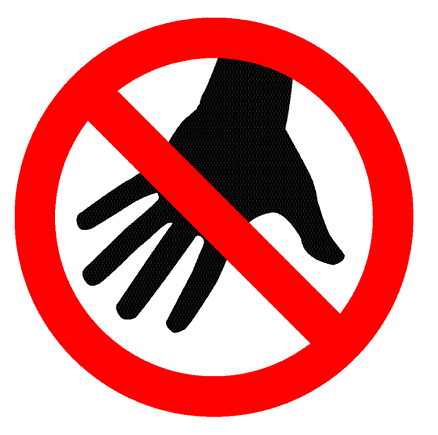
YouTube / iTunes / Spotify / Radio Public / Pocket Casts / Google Podcasts / Breaker / Overcast
Listen to ArtisanEnglish.jp posts & lesson intros here.
Word of the Day: Laissez-faire
There has been much media coverage about Renho, the new leader of the Democratic Party in Japan, and her dual Taiwanese-Japanese nationality.
It was also reported that the Japanese government had taken a laissez-faire attitude towards dual citizenship.
Although officially, Japanese citizens should give up their other nationality and possess only Japanese citizenship on their 22nd birthday, the Japanese government has not enforced this rule.
They have taken a laissez-faire attitude towards dual nationality and shown that they are not willing to interfere with an individual’s choice of citizenship.
Laissez-faire, a term often used in economics, refers to an approach of non-interference or non-involvement.
In the context of citizenship, it means the government’s unwillingness to influence an individual’s choice of nationality.
When people take a laissez-faire approach to something, they keep their hands off and don’t get involved.
Flesch-Kincaid Readability Test
This post is likely to be understood by college graduates but may not be easy for many to read.
On the Flesch-Kincaid reading-ease test, this post scores 26.
The easier a passage is to read, the higher the score on a scale of 0 – 100.

